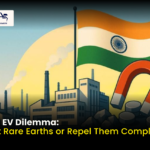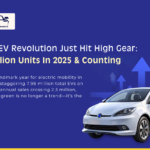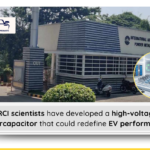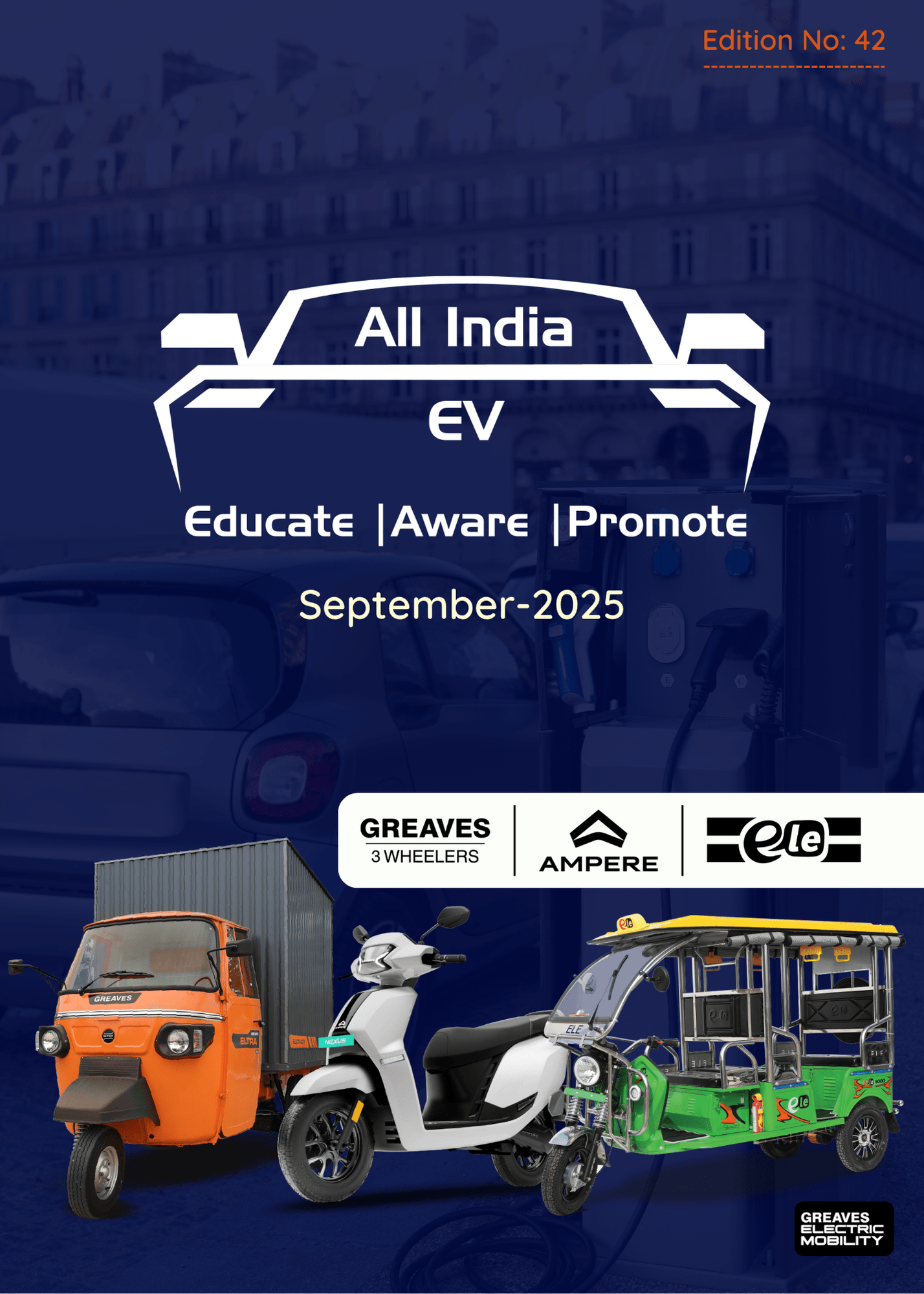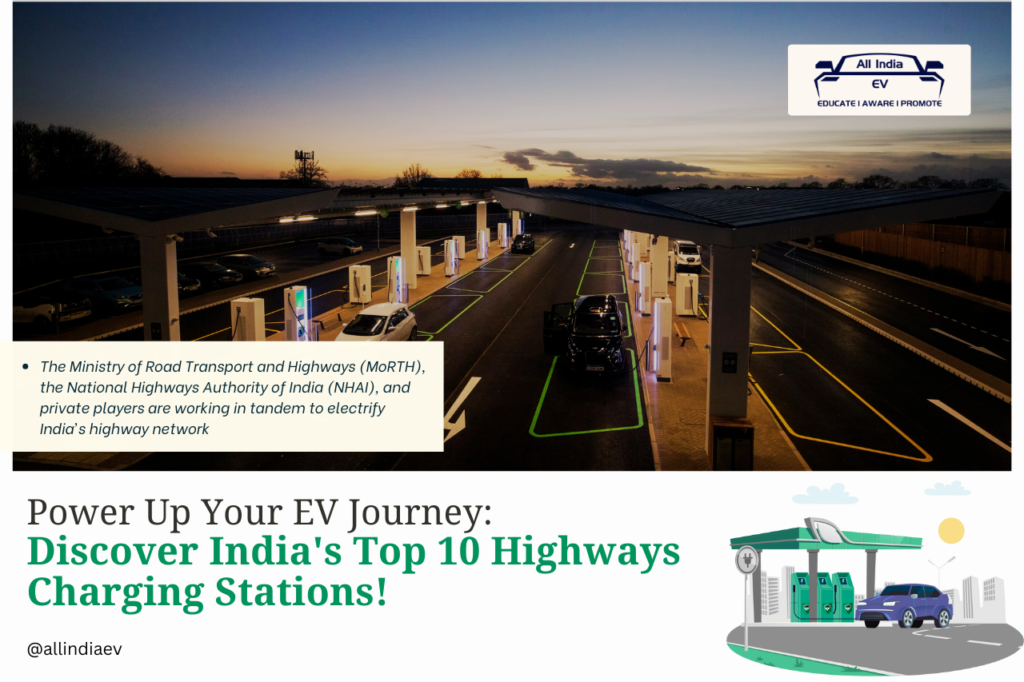
India’s Highways Leading the Charge for EV Travel with Advanced Fast-Charging Infrastructure Enhancing Nationwide Electric Mobility Access
- 1. Delhi–Mumbai Expressway (DME)
- 2. Mumbai–Nagpur Samruddhi Mahamarg
- 3. Bengaluru–Chennai Expressway
- 4. National Highways for Electric Vehicles (NHEV)
- 5. Hyderabad–Bengaluru–Chennai Triangle
- 6. Delhi–Agra–Lucknow–Kanpur Corridor
- 7. Delhi–Jaipur Expressway
- 8. Chennai–Salem Expressway
- 9. Pune–Ahmednagar–Aurangabad Corridor
- 10. Delhi–Meerut–Haridwar Corridor
- Why EV-Ready Corridors Are Game-Changers
- Looking Ahead
Electric vehicles (EVs) are no longer confined to urban roads in India. The country is rapidly transforming its national and state highways into EV-ready corridors, equipped with extensive fast-charging infrastructure to support long-distance electric travel. This development is critical to overcoming “range anxiety” and promoting seamless travel for passenger EVs, commercial fleets, and electric buses alike.
The Ministry of Road Transport and Highways (MoRTH), the National Highways Authority of India (NHAI), and leading private sector players have joined forces to electrify India’s highway network. Below is a rundown of the top 10 EV-ready highways and corridors boasting cutting-edge charging stations and roadside support facilities:
1. Delhi–Mumbai Expressway (DME)
India’s first dedicated electric highway, the 1,386 km Delhi–Mumbai Expressway, is set to revolutionize long-distance electric mobility. With fast-charging stations spaced every 40–60 km, over 93 wayside amenities, and integrated solar-powered energy generation, this corridor aims to be the country’s most sustainable highway, designed to support heavy EVs like electric trucks and buses.
2. Mumbai–Nagpur Samruddhi Mahamarg
Stretching 701 km, this expressway features 21 high-capacity fast chargers powered by renewable energy. Developed in partnership between Maharashtra State Road Development Corporation and Tata Power, it incorporates AI-driven traffic systems and real-time monitoring to enhance the EV driving experience.
3. Bengaluru–Chennai Expressway
Currently under development, the 262-km Bengaluru–Chennai Expressway will include fast-charging stations every 60 km at rest stops, supporting seamless inter-state EV travel between Karnataka and Tamil Nadu as part of the Bharatmala project.
4. National Highways for Electric Vehicles (NHEV)
The NHEV pilot project plans to convert 5,500 km of highways into EV corridors, starting with the Delhi–Agra and Delhi–Jaipur routes. This initiative features India’s first multi-modal charging hubs with up to 25 chargers and a corridor management platform providing real-time station availability and billing.
5. Hyderabad–Bengaluru–Chennai Triangle
ChargeZone has established India’s first supercharging corridor along this route with DC fast chargers installed every 100–150 km. This corridor is especially valuable for fleet operators and long-distance EV travelers, supported by mobile apps for reservation and payment.
6. Delhi–Agra–Lucknow–Kanpur Corridor
Part of the expanding NHEV network, this 500-km corridor benefits from Uttar Pradesh’s EV policies encouraging infrastructure growth. Key highways like Yamuna and Agra–Lucknow Expressways are rapidly being equipped with fast chargers to enable high-speed EV travel.
7. Delhi–Jaipur Expressway
One of India’s earliest EV-ready highways, this 270-km stretch features dedicated EV lanes, fast chargers at rest stops, smart grid integration, and backup systems to ensure reliable operations.
8. Chennai–Salem Expressway
Planned under Bharatmala Pariyojana, this 277-km corridor will include solar-powered fast-charging stations, battery-swapping points, and dedicated EV zones, supported by Tamil Nadu’s robust EV policy to boost adoption.
9. Pune–Ahmednagar–Aurangabad Corridor
Maharashtra’s State EV Policy mandates charging stations every 25–30 km along this important economic corridor, combining AC and DC fast chargers for two-wheelers, four-wheelers, and commercial EVs. The state aims to have over 1,500 public chargers by 2025.
10. Delhi–Meerut–Haridwar Corridor
An emerging EV corridor supporting pilgrimage and tourism, this 280-km route features over 15 fast-charging stations, with plans for charging plazas and roadside assistance as part of Uttarakhand’s green mobility initiatives.
Why EV-Ready Corridors Are Game-Changers
The expansion of reliable, fast-charging infrastructure along these highways addresses the primary concerns hindering EV adoption—range anxiety and charging availability. For commercial vehicles, such as electric trucks and buses, these corridors reduce downtime and help maintain fixed schedules.
Government mandates require public chargers every 25 km on highways, bolstered by incentives under the FAME-II scheme and state policies. Leading companies like Tata Power, Ather Grid, Jio-bp, and ChargeZone are actively partnering with authorities to roll out thousands of fast chargers nationwide. Public-private collaboration is also streamlining pricing, payment, and real-time data access, building user trust in EV infrastructure.
Looking Ahead
India’s fast-charging highway corridors are more than just infrastructure projects; they represent a national commitment to sustainable, electric mobility. As these highways power the next generation of travel, they promise cleaner, greener transport options for millions.
With ongoing government support and innovative industry partnerships, India is accelerating its journey toward an electrified, eco-friendly transportation future—one highway at a time.



